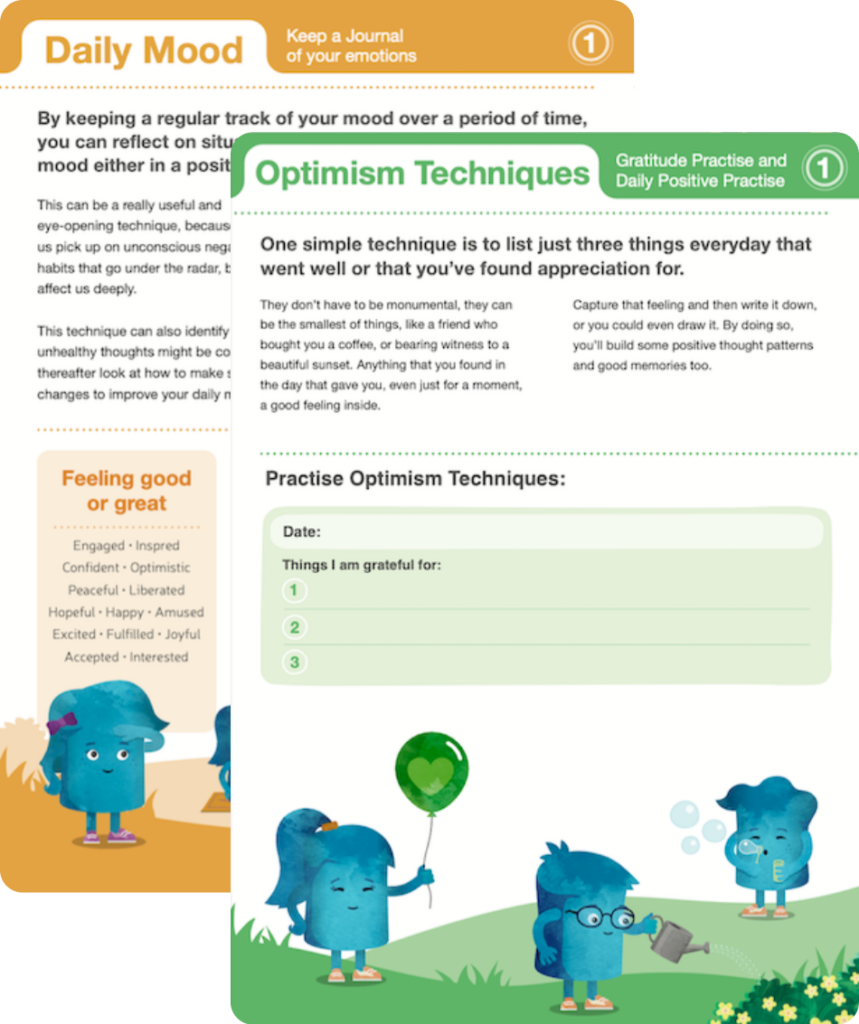I’m sure you’ll know what it’s like to have obsessive thoughts – we’ll all have them at some point but happily for most of us, they never get out of hand.
But just to clarify what they specifically are, obsessive thoughts are unwanted thoughts, memories or images – cognitions to be precise – that we have trouble letting go of.
The reason being is that they’re thoughts that cause us to experience difficult emotions. So the thoughts, as well as being words in our mind, feel very real to us.
And these obsessive thoughts aren’t like regular thoughts that tend to come and go in an instant, but instead replay over and over again in our mind.
But it’s not as though this is unusual since we all experience obsessive thoughts from time to time and they usually entail the “what if” thoughts. So we might have a thought telling us, “what if I’ve forgotten to lock the front door?”, “what if this food is contaminated?”, “What if I’ve lost my bank card?” Or they could be even more distressing “what if” thoughts about harming ourselves or others.
But whatever they might be, the familiar theme to obsessive thoughts is that they’re based on negative assumptions that something bad will happen.
Now although obsessive thoughts do commonly replay in our mind over and over again, usually they will dissipate as our thoughts become preoccupied by other things, or in a more general sense, we start to take them less seriously with the passing of time.
Either way, our emotional attachment to them starts to weaken taking the sting out of them.
Why do obsessive thoughts stick around?
But occasionally obsessive thoughts don’t go away over time as they continue to stick around affecting not only our emotional wellbeing but also our actions. This can then so easily lead us to a thought disorder whereby we are not only thinking certain things, but acting out apparent remedies for these thoughts. Everything from excessive washing to locking and rechecking doors and windows.
And so what makes these obsessive thoughts stick around? Well the key determinate factor is when we start to buy into those thoughts. In other words we listen intently to them by latching onto every last word, believing exactly what those thoughts are saying. When this happens, we start to lose perspective as the line between reality and what our thoughts tell us becomes blurred.
And this is a trap that anyone of us can easily fall into. Like I say, obsessive thoughts are not just a string of words in our mind that we experience, but they invoke difficult feelings. Obsessive thoughts can become incredibly distressing as they cause us to feel fear and dread, which kicks us into fight or flight mode.
The thoughts feel real to us, so naturally we take them more seriously. We come to believe that what we think will happen, will actually happen and so we do whatever we can to prevent it from coming true. But this is the anxiety disorder at play.
What can I do to reduce obsessive thoughts?
Now the first thing to realise is that you cannot trust the opinion of your mind. All those thoughts that you’re listening to are not you and so you don’t need to believe in them. I know that sounds easier said than done so let’s do a quick exercise:
Think to yourself or say it out loud that I can’t lift my hand. Say or think it over and over again. Whilst you’re doing this, lift up your hand – this is a simple way of demonstrating how your thoughts are not real. They don’t reflect reality and just because our thoughts say something, that doesn’t make it real or likely to happen.
Now this next technique might not be for everyone but give it a go nonetheless. So I want you to imagine one of your obsessive thoughts being spoken by a cartoon character. How about Daffy Duck or Scooby Doo? It sounds silly but the whole point of it is to take your thoughts less seriously.
Now if the thought is very distressing and fearsome, picture that thought, image or memory as something unpleasant but that’s unrelated to you. So for instance, imagine the thought as if it were dog poop on the side of the street.
Besides taking our obsessive thoughts less seriously, another way to deal with them is to directly challenge their assumptions. So instead of avoiding the thoughts by engaging in safety behaviours, do the opposite of what your mind says.
So let’s say you’ve been avoiding social situations because the obsessive thoughts tell you that you’re going to say something abruptly by swearing randomly aloud or do or say something else very socially embarrassing. Challenge that thought by going to a social event.
Watch how the thoughts play around in your mind, notice how the feelings show up in the body, but sit with what’s uncomfortable and see what actually happens. You’ll find just how distorted the mind can be.
One thing to note is that when it comes to challenging our obsessive thoughts, it’s a good idea to start with baby steps, but make sure that you’re 100% willing to do it.
You may also be aware of friends or family who frankly cannot understand why you might have certain thoughts. That alone perhaps tells you that not everyone thinks the same about anything. Likewise, you don’t have to be trapped into certain thought processes either. There was probably a time before they came to dominate your life. Think about that time and seek help with what triggered your drift into obsessive thinking.
It’s never easy overcoming distressing thoughts, so if there’s one thing to take away here, it’s that the opinion of our mind is the one thing we can’t trust. Ultimately, try and recognise this in yourself and seek help for it.






